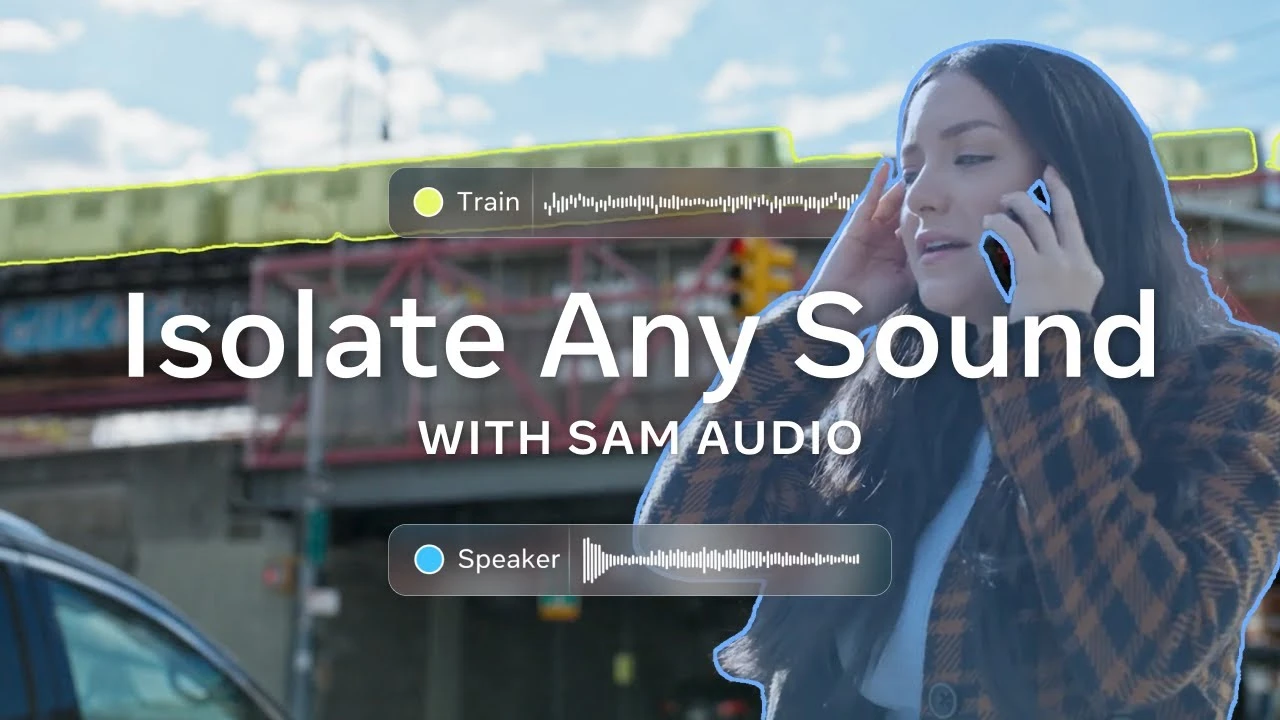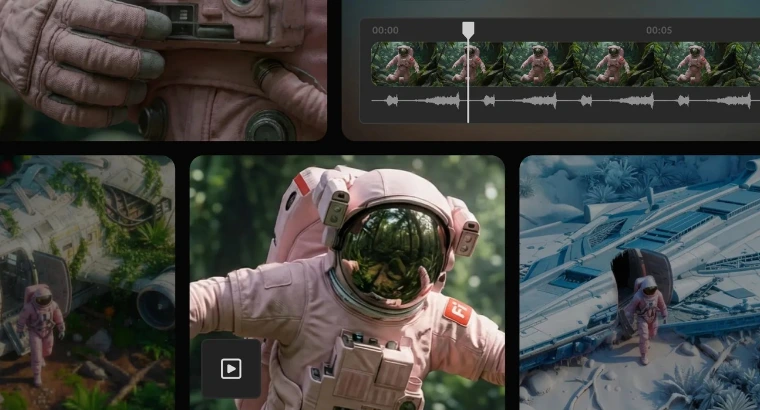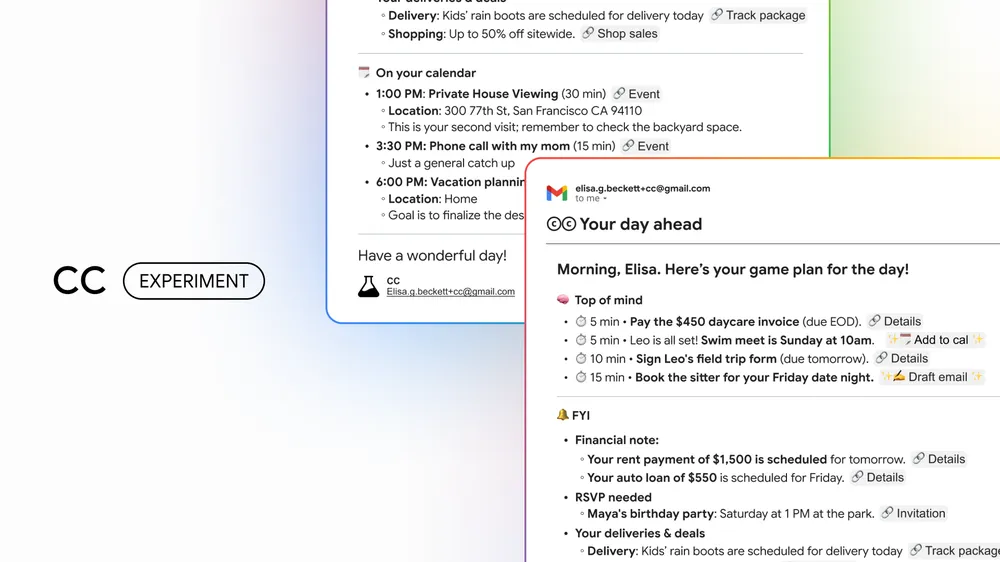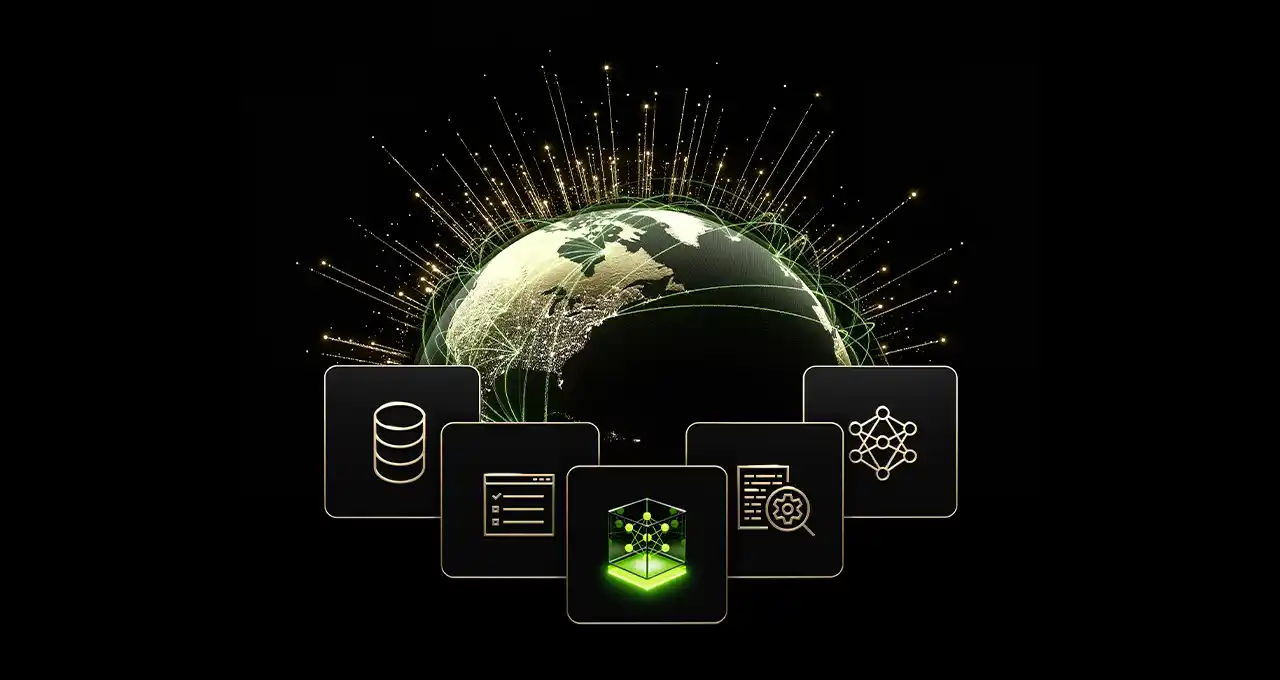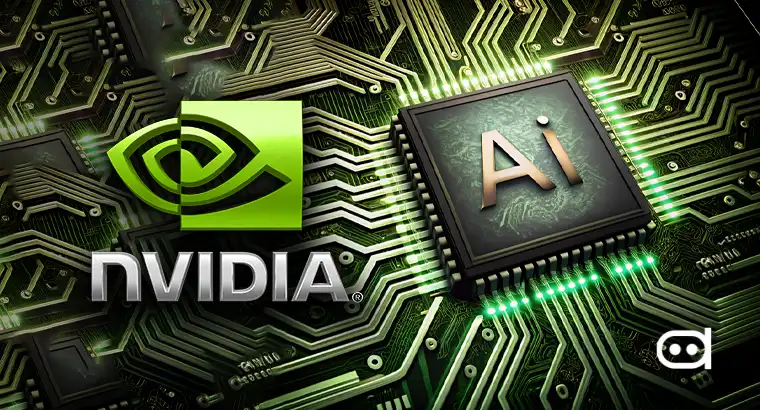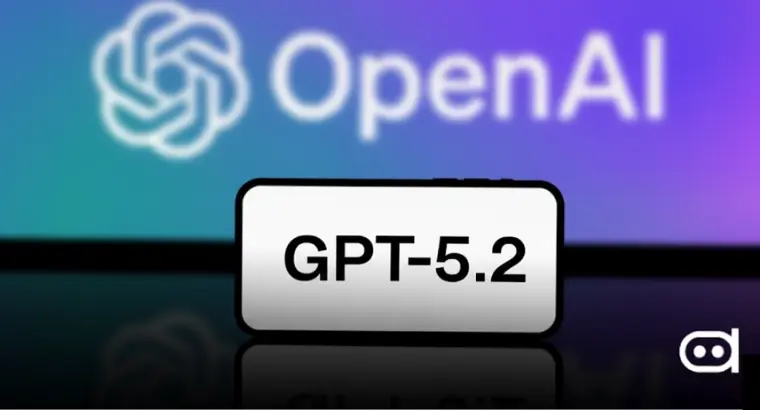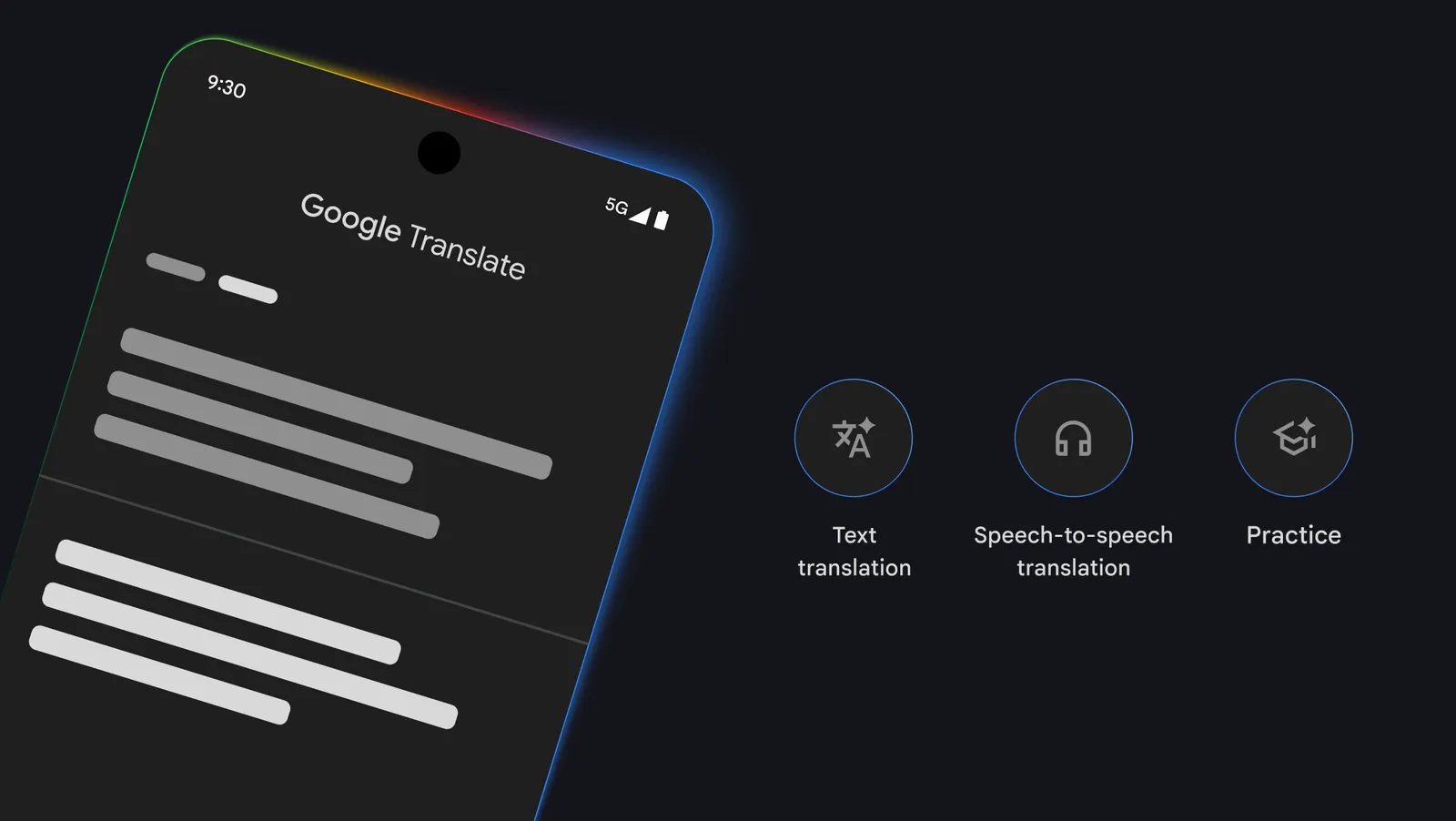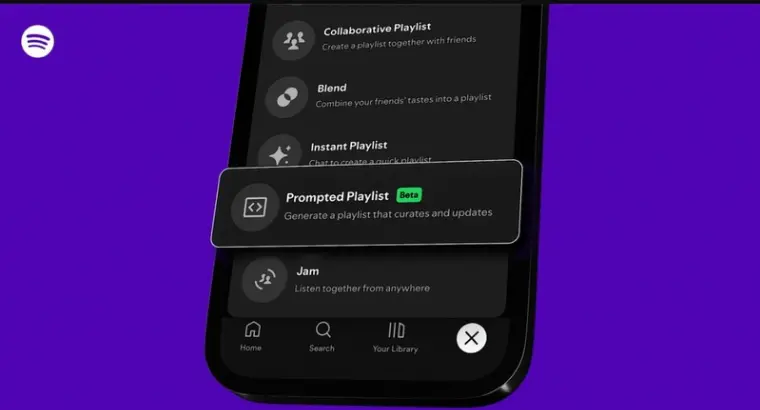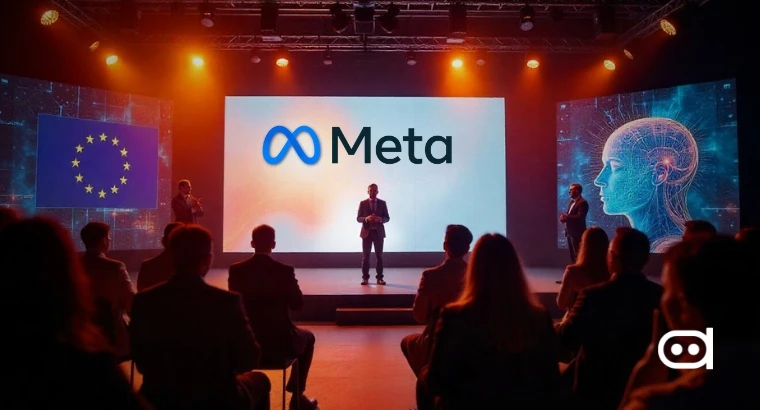
In this week’s AI news, we look at Microsoft’s stepping down from the OpenAI board, an intelligent business strategy considering the impending antitrust trend in the artificial intelligence industry. At the same time, Samsung is upgrading their voice assistant Bixby by including generative AI to improve user experience and keep them ahead of the competition.
Microsoft leaves OpenAI board
Microsoft leaves the OpenAI board as the AI supergroup develops. Microsoft has stepped away from the Board of OpenAI, the machine learning research project launched in 2015 is now designed to operate for profit. The move is part of a broader regulatory push over potential anti-competitive practices in the artificial intelligence segment. This was so that Microsoft could seek to ward off conflicts of interest. The board will focus on fairness and decency in developing AI technologies facing mounting regulatory scrutiny.
Samsung to improve Bixby with generative AI
Samsung intends to smarten its Bixby with generative AI, which it plans to use as a significant differentiator in an aggressive marketplace. Samsung has gradually added several AI features to its high-end phones since the beginning of 2024. Bixby has been appointed since it debuted with the Galaxy S8, however Samsung is about to change that significantly. T M Roh, head of Samsung’s mobile business, announced that a new AI-powered Bixby will launch later this year, which will use Samsung’s large language models. Roh added that AI is the next level when buying a new product and achieving greater convenience and benefits for these users.
OpenAI cuts off China, HK, Macau from ChatGPT services
OpenAI has stopped serving users in China and its semi-autonomous regions of Hong Kong and Macau over the weekend, accelerating a technology break between U.S. China’s state-backed Securities Times reported the move on July 9. Generative AI tools such as OpenAI’s ChatGPT and Baidu Ernie are already brainstorming ideas for companies across industries including life sciences, telecommunications, etc. However, fears and concerns range from job displacement to potentially misusing of user-generated content.
Homegrown AI in China is required by regulations to conform with Communist Party guidelines and not leak data beyond the country’s censorship firewall, so that Apple would cache it for analytical purposes. Tencent’s chatbot Baby Q was pulled down in 2017 for offending the government creating politically incorrect content, showing how China censors its AI output.
SenseNova 5.5: China’s first real-time multimodal AI model is released
SenseTime has released a more advanced version of its large language model, SenseNova 5.5, which presents China’s first real-time multimodal model, SenseNova 50. Like GPT-4o, SenseNova 5o enhances interaction functionality optimized for real-time conversation and speech recognition. SenseTime, led by its CEO, Dr. Xu Li, continued the discussion around this model’s evolution to a multimodal and interactive nature of interactivity.
This low-price edge-side model, at RMB 9.90 ($1.36) per year, is designed to drive incremental AI ushering in IoT devices. The company also announced that it will offer free onboarding for enterprises moving from OpenAI under the “Project $0 Go” initiative. It improves speed by 15% and reduces inference time by 40%. Add-on new applications like Vimi, the first AI avatar video generator in China, and upgrades to the SenseTime Raccoon Series creatively boost consumers’ productivity and interactivity, demonstrating how vital touchpoints with various industries are based on cutting-edge research.
Elon Musk’s xAI Abandons $10 Billion Oracle Deal, Opts for In-House AI Training with Nvidia Chips
xAI has reportedly terminated its potential $10 billion AI-training-infrastructure-building agreement with Oracle. It is reported that xAI will buy chips for its data center rather than work with Oracle. Musk on X confirmed that xAI would train its next extensive system using Nvidia’s new H100 GPUs internally due to its need to outpace other AI companies. The fallout occurred when Musk demanded Oracle build a supercomputer ten times faster than the company believed feasible.
Musk also said that xAI’s Grok 2 model has been trained on 24,000 Nvidia H100 chips from Oracle and should be ready for deployment next month after some more tuning and bug-fixing efforts. When Oracle Chairman Larry Ellison unveiled a partnership with xAI following the release of earnings in September 2022, he described the agreement as one for providing cloud infrastructure to run AI model training—but not by how much or for how long.
This week in AI news and practice, it is clear that the terrain of artificial intelligence is changing — quickly and forcefully. Join us as we navigate the Microsoft Chess move out of the OpenAI board and Samsung supercharging Bixby with generative AI, showing the ever-evolving nature of artificial intelligence innovation. This aligns with the ongoing work to make AI more intelligent and a natural part of our everyday lives. For more, return here at our Artificial Next Week=> Continue reading for updates on the AI world next week!
